Country Sausage Seasoning Secrets: 7 Spices That Will Transform Your Homemade Sausages
Table of Contents
- Introduction
- Why Seasoning Matters in Country Sausage Making
- Top 7 Essential Spices for Country Sausage
- How to Blend the Perfect Seasoning Mix
- Buying Guide: Choosing the Best Spice Brands
- Storage & Usage Tips for Maximum Flavor
- Recipes to Try with Your New Seasoning
- Conclusion
Introduction
If you've ever bitten into a juicy, perfectly seasoned country sausage and thought, "Wow, how did they get that flavor so right?" — you're not alone. Whether you're grinding your own meat or working with pre-made pork, the seasoning is what turns basic ingredients into something extraordinary.
This article dives deep into the world of seasoning for country sausage — covering everything from the must-have spices to blending techniques and storage secrets. We'll also walk you through a curated buying guide to help you choose the best spice brands for your sausage-making adventures.
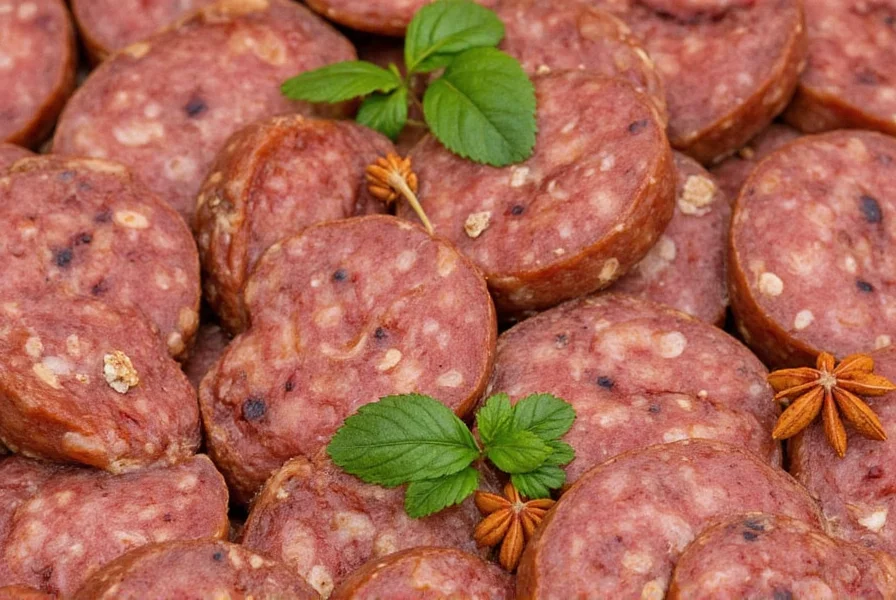
Why Seasoning Matters in Country Sausage Making
The beauty of country sausage lies in its simplicity. At its core, it's often just ground pork, fat, salt, and a few key spices. But those few spices are where the magic happens. They bring depth, warmth, and balance to every bite.
Seasoning affects more than just taste — it influences texture, aroma, and even mouthfeel. The right blend can elevate a sausage from average to artisanal in seconds. Let’s break down why each spice plays a crucial role:
- Salt: Enhances flavor and helps emulsify the meat.
- Black Pepper: Adds a sharp bite and subtle heat.
- Fennel Seeds: Provide that classic sweet-anise flavor synonymous with Italian-style sausage.
- Garlic Powder: Offers a consistent base note without raw garlic’s harshness.
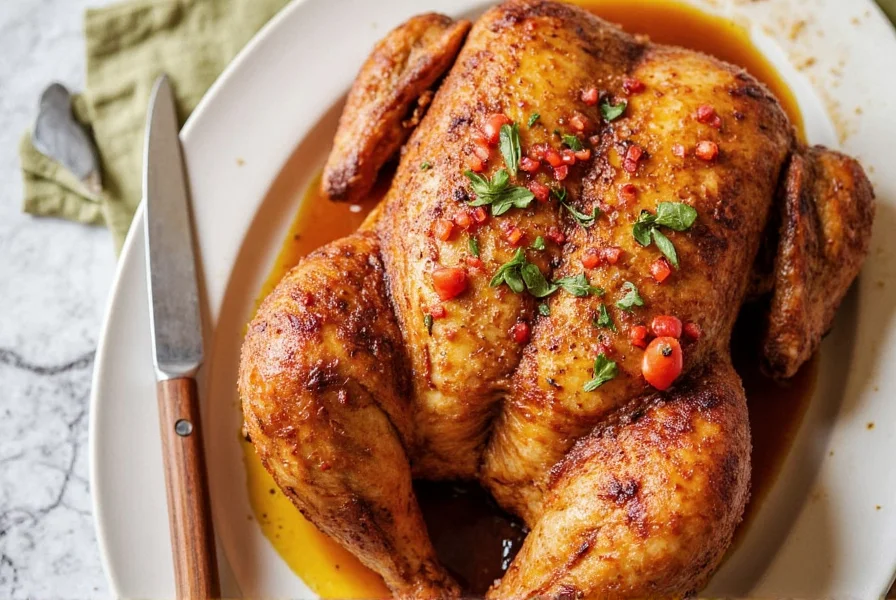
Top 7 Essential Spices for Country Sausage
Here's our handpicked list of seven spices you should keep in your pantry when making country sausage at home. Each contributes uniquely to the final flavor profile.
| Spice | Flavor Profile | Role in Sausage |
|---|---|---|
| Salt | Briny, savory | Preservation, flavor enhancement |
| Black Pepper | Sharp, earthy, mildly spicy | Provides background heat and contrast |
| Fennel Seeds | Earthy, licorice-like | Signature sweetness in many sausages |
| Paprika | Smoky, sweet, slightly bitter | Color boost and smoky undertones |
| Red Pepper Flakes | Spicy, bold | Adds heat for spicier varieties |
| Garlic Powder | Rich, pungent | Uniform flavor distribution |
| Dried Sage | Herbal, piney | Traditional Southern sausage staple |

How to Blend the Perfect Seasoning Mix
Creating a balanced seasoning blend takes practice, but once you nail it, your homemade sausages will be the talk of the town. Here's a simple guide to follow:
- Start with Salt: Use about 1 tablespoon per 5 pounds of meat as a baseline.
- Layer in Peppers: Add black pepper and red pepper flakes for complexity and heat.
- Incorporate Aromatics: Garlic powder and sage offer herbal and savory notes.
- Boost with Fennel or Paprika: Choose based on whether you prefer sweet or smoky profiles.
- Mix Thoroughly: Combine all spices before adding to meat to ensure even distribution.
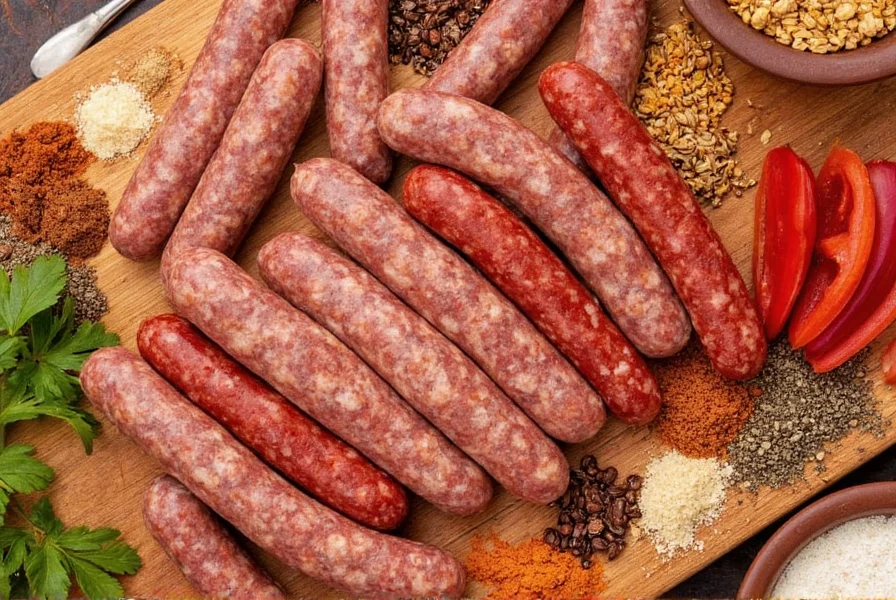
Buying Guide: Choosing the Best Spice Brands
Not all spice brands are created equal. Here's a comparison of top-rated options specifically suited for sausage-making:
| Brand | Key Features | Best For | Price Range |
|---|---|---|---|
| McCormick | Widely available, reliable quality, consistent grind | Beginners and everyday use | $ |
| Penzeys Spices | Fresh, bold flavors, specialty blends available | Advanced home cooks and gourmet sausage makers | $$ |
| Spice Islands | Natural packaging, organic options | Eco-conscious users | $ |
| Rumford | High-quality fennel seeds, excellent for Italian sausage | Those who love traditional European styles | $$ |
| The Spice Lab | Premium bulk spices, ideal for large batches | Batch cooking and commercial sausage making | $$$ |

Storage & Usage Tips for Maximum Flavor
To maintain potency and freshness, store your spices correctly. Here are some practical tips:
- Airtight Containers: Keep spices sealed to prevent moisture and oxidation.
- Cool, Dark Place: Avoid direct sunlight and heat sources like ovens.
- Label Everything: Mark the purchase date to track freshness (spices typically last 1–3 years).
- Use Fresh Blends: Grind whole spices like fennel seeds fresh for better aroma.
Also, remember to mix a small batch of seasoning first and test it on a few sausages before committing to larger quantities. This way, you can tweak the flavor without wasting meat or spices.
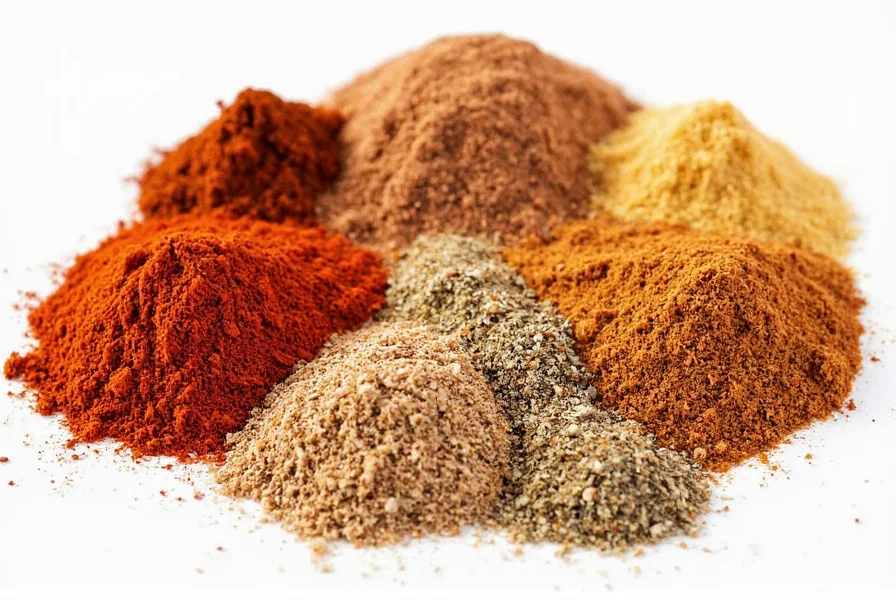
Recipes to Try with Your New Seasoning
Now that you’ve mastered the art of seasoning, let’s put it to work. Here are three crowd-pleasing recipes using different flavor profiles:
Classic Southern Country Sausage
- Ingredients: Ground pork shoulder, salt, black pepper, sage, garlic powder
- Method: Mix well, stuff into casings or shape into patties. Cook over medium heat until golden brown.
Italian-Inspired Sweet Sausage
- Ingredients: Pork belly, fennel seeds, red pepper flakes, paprika, salt, garlic
- Method: Grind twice for smooth texture. Stuff and smoke or pan-sear.
Spicy Southwest Bratwurst
- Ingredients: Pork and beef mix, chili powder, smoked paprika, cumin, coriander, onion powder
- Method: Boil first, then grill until caramelized.
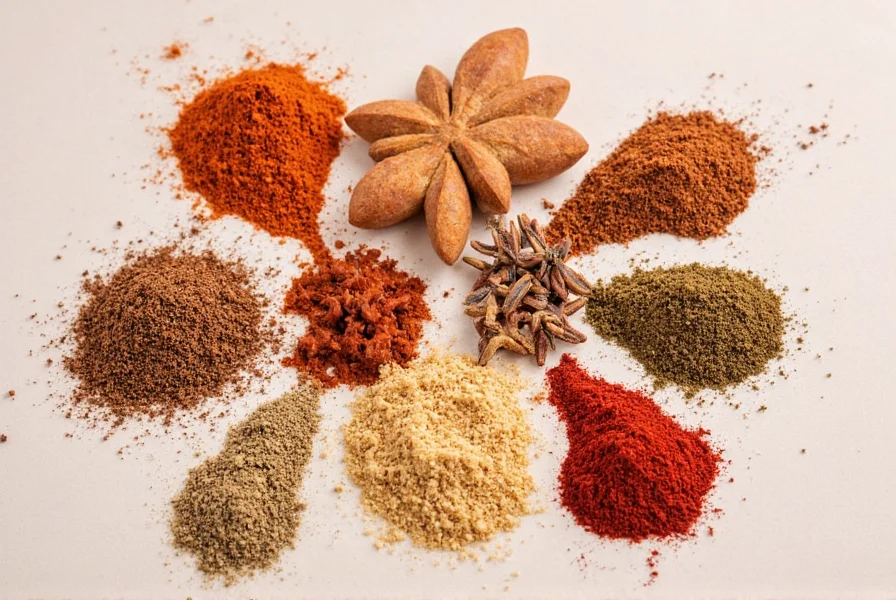
Conclusion
Seasoning for country sausage is both an art and a science. With the right combination of spices, you can transform simple ingredients into deeply flavorful sausages that impress family and friends alike. From choosing the right salt to mastering spice ratios, this guide has given you the tools to become a confident sausage maker.
Remember, there’s no one-size-fits-all approach — feel free to experiment and make the blend your own. Happy seasoning!

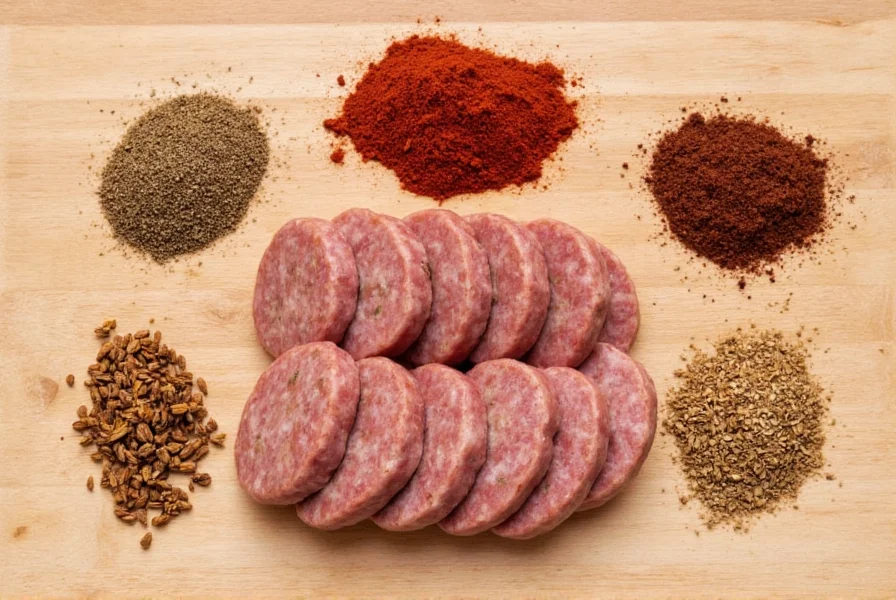









 浙公网安备
33010002000092号
浙公网安备
33010002000092号 浙B2-20120091-4
浙B2-20120091-4